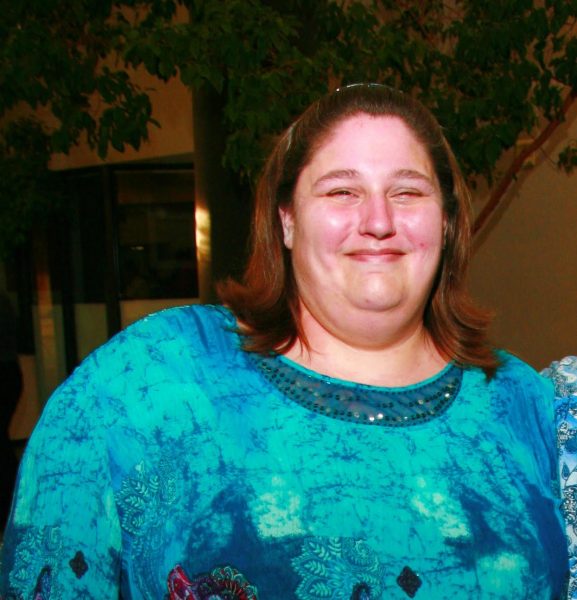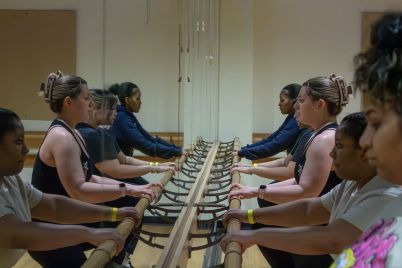
Stacie Chadwick. Courtesy of Bonnie Truhn
By Rachel Duckett
Contributor
In today’s ever-changing job market, it can be hard to find a well-paying job without a college degree, and near impossible without a high school diploma.
The Adult Transitions Pathways program at WCC aims to make higher education more accessible to people with and without high school diplomas by providing specialized academic instruction and support services.
“It’s hard to see yourself in a college program if you haven’t gotten a high school diploma,” said Bonnie Truhn, director of the Adult Transitions program. “By reaching into the community and making these very purposeful connections, we can alleviate some of the problems that stop students from moving forward.”
The program, which started 22 years ago, serves students above 16 years of age who may not have a high school diploma, lack college level skills, have difficulties in their lives or just want to gain new marketable skills.
According to Truhn, the program operates a “mini college” within WCC, administering classes at three different locations: one on WCC’s campus, another on Harriet St. in Ypsilanti and a third in the Ypsilanti Township Community Center, where they provide ESL (English as a Second Language) services.
In addition to working with hundreds of community partners, the program has 15 instructional staff members, as well as core staff, marketing staff and mentors who were previously in the program.
Stacey Chadwick, an Adult Transitions student from 2015, now works as a mentor for the program while she pursues an associate’s degree in social work.
“I had been out of school for several years, had helped my son through high school and was struggling with social anxiety. It took me three tries to just get in the door; I was so anxious.” Chadwick said. “It was a new experience for me. The classroom was a place of support and encouragement.”
After developing an individualized career pathway with a career adviser, students receive a range of services, tailored to meet their needs and goals. Some students receive help gaining the skills necessary to get into developmental college classes, while others dual enroll in WCC programs, such as the central sterile processing certificate program, where they can earn “stackable credentials.”
“Once I got my GED, I was invited to be a work-study student at WCC. This allowed me to work and take classes. Bonnie also awarded me a scholarship to help pay for my tuition,” said Chadwick.
“Bonnie sent me last month to training to be a student ambassador,” Chadwick added. “I got to go to Lansing and meet with other students to learn ways to help support adult education in Michigan.”
Other services provided by the Adult Transitions office include counseling, scholarships, financial literacy training, internship and job opportunities, transportation, childcare and emergency assistance.
Microsoft Office Certification has also recently been integrated into all campus classes, said Truhn. According to the U.S. Bureau of Labor Statistics, there will be 1.4 million more software development jobs than applicants who can fill them by 2020, making computer literacy more crucial than ever.
According to Truhn, short term certificate programs are another promising option for students, and an area of focus for the program in the future.
“I want to continue to grow the opportunities for students; connect students with apprenticeship opportunities here at the college and out in the community,” she said. “That’s how you can take someone living in poverty and move up their median income as fast as possible, with as little debt as possible: a learn and earn service where you can earn money and work as you’re learning.”
Emphasizing the value of skilled trade jobs, Truhn said: “You earn an hourly wage, with benefits, and you’re learning, and you finish without debt. And as long as the government doesn’t do away with it, it’s one of the last places you can get a pension.”
Stacey Chadwick’s work as a mentor for Adult Transitions recently secured her a coordinator position with Washtenaw Literacy.
“The path in life is often twisted and it was amazing to have the Adult Transitions staff, teachers and mentors there with every step of the way, offering encouragement and support,” she said.


